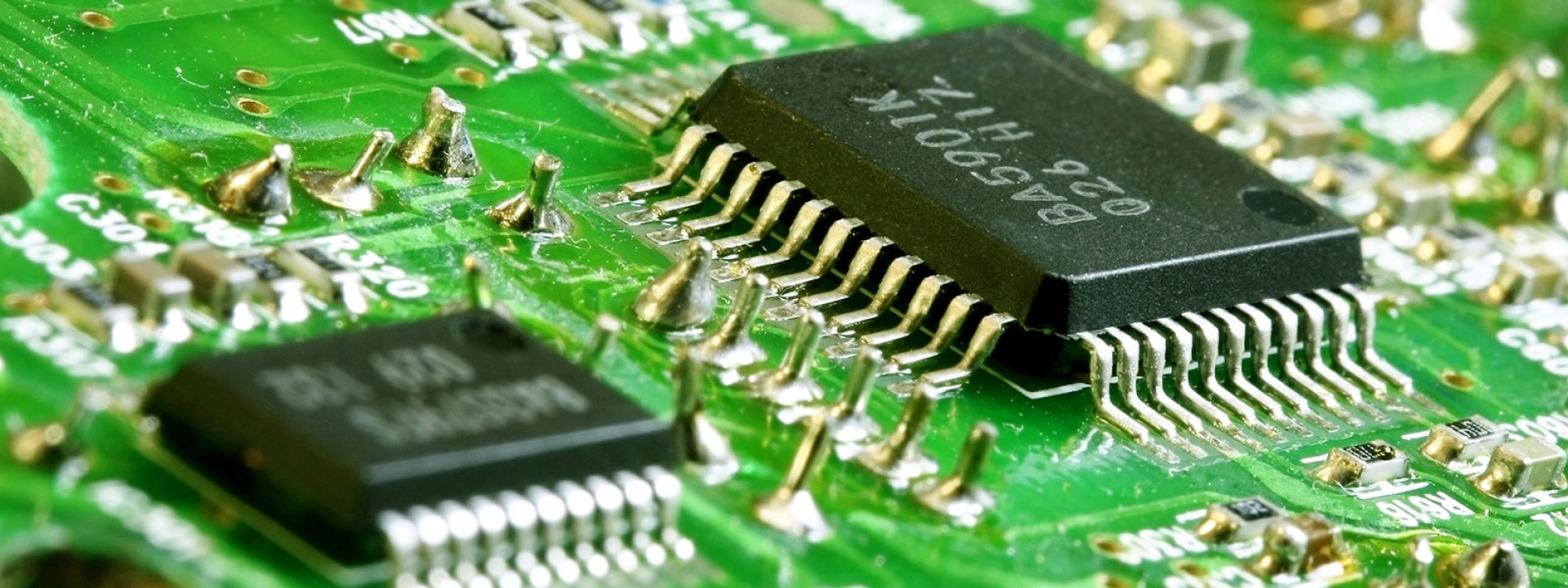News & Events
Samsung Electronics, the world’s largest memory chipmaker, saw its profit in the first quarter of 2022 jump by more than 50% on strong demand for memory in data centers.
South Korea’s largest company posted net income of 11.3 trillion Korean won ($8.9 billion) compared with 7.1 trillion won (5.6 billion) in the same period a year ago.
On a conference call with analysts, the company warned repeatedly of uncertainties related to the Covid pandemic, the war in Ukraine, and supply chain constraints that may impact sales and profit during the rest of 2022. Samsung, which is also the world’s second–ranked smartphone maker, declined to provide a forecast for the year given those uncertainties.
“Obviously, the geopolitical situation is directly impacting sales of smartphones, for instance, in Russia,” said Nicholas Gaudois, analyst for UBS, during the call.
Strong demand for memory in servers is driven by companies increasing investments in IT infrastructure as well as cloud service providers that are boosting investments in growth areas such as AI and machine learning, according to Samsung.
Demand should remain strong during 2022 because server companies use a wide range of CPUs, the company said. For each CPU, memory products need to undergo qualification at each node. While switching nodes or densities, there are restrictions on supply increases given issues such as material capacity constraints, according to Samsung.
Still, analysts on the call had questions about the outlook for demand.
“There’s increasing concern that there will be weak demand in the second quarter for smartphone and PC semiconductors,” said Choi Do–yeon with Shinhan Investment.
Samsung shipped about 74 million smartphones during the first quarter of 2022. For the second quarter, the company forecast a decline from the first quarter in sales volume for smartphones, but an increase in the average selling price.
GAA
Samsung reiterated that it is on track in the second half of this year to launch what the company claims is the world’s first commercial production of chips based on its gate–all–around (GAA) process. The emerging 3–nm process is expected to provide transistor density advantages over the current FinFET technology used at the 5–nm node, where Taiwan Semiconductor Manufacturing Co. (TSMC) has established itself as the process technology leader.
The history of the development of the semiconductor is synonymous with the history of creating transistors that are smaller, faster, consume less electricity. From the left, Planar Transistor, Fully Depleted (Fin) Transistor, and GAA Transistor (Source: Samsung)
However, industry–wide commercial production with a GAA process will take several years, according to Uday Mitra, vice president of engineering with Applied Materials. The company is one of a handful of equipment providers supporting development of the GAA process.
“The volume, you can expect in the next two to three years,” Mitra said in an interview with EE Times.
Samsung and Intel aim to overtake TSMC with adoption of GAA and gain an edge in the foundry business where TSMC is the leader. TSMC has said it is still evaluating GAA.
“If you take the best–in–class FinFET, and you want a GAA to beat that, I think it will take a bit more effort,” Mitra said.
Samsung, Intel, and TSMC will all adopt GAA eventually, but the companies will create their own variants of the process, he said.
Samsung has had problems with yields at its most advanced 5–nm and 4–nm nodes. The 5–nm node is currently in mature yield stage, the company said, without providing details. Samsung added that it is “maximizing” supplies to key customers for 4–nm. There was a delay in the initial yield ramp up, but the company said it is back on its expected yield improvement curve. Samsung provided no statistics on yields.
SUPPLY CHAIN SNAGS
The Ukraine war has crimped supplies of key materials and equipment used in the production of chips, and Samsung said it has sufficient materials on hand. The company is evaluating the possibility of adding more material suppliers. In the meantime, lead times for orders of chip tools are stretching out, according to the company.
Tool supplier Applied Materials said it is among several equipment makers that have not been able to meet demand due to shortages of chips.
“Ironically, it’s affecting our industry, which is kind of weird,” Applied vice president of Investor Relations Michael Sullivan told EE Times. “We’re in the business of creating capacity to get that situation resolved.”
“It’s something that we think persists all year. We don’t want to make a prediction too far into the future, but we think this problem is here certainly through 2022.”
By EETimes







